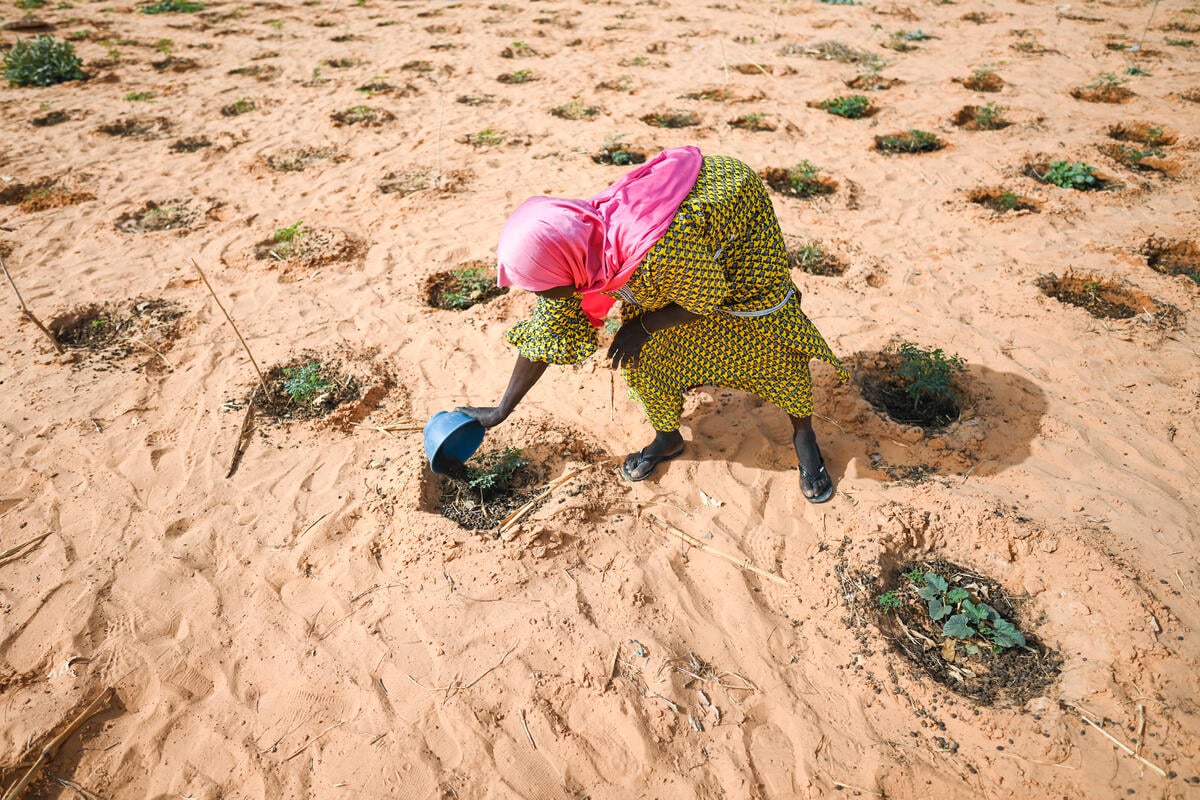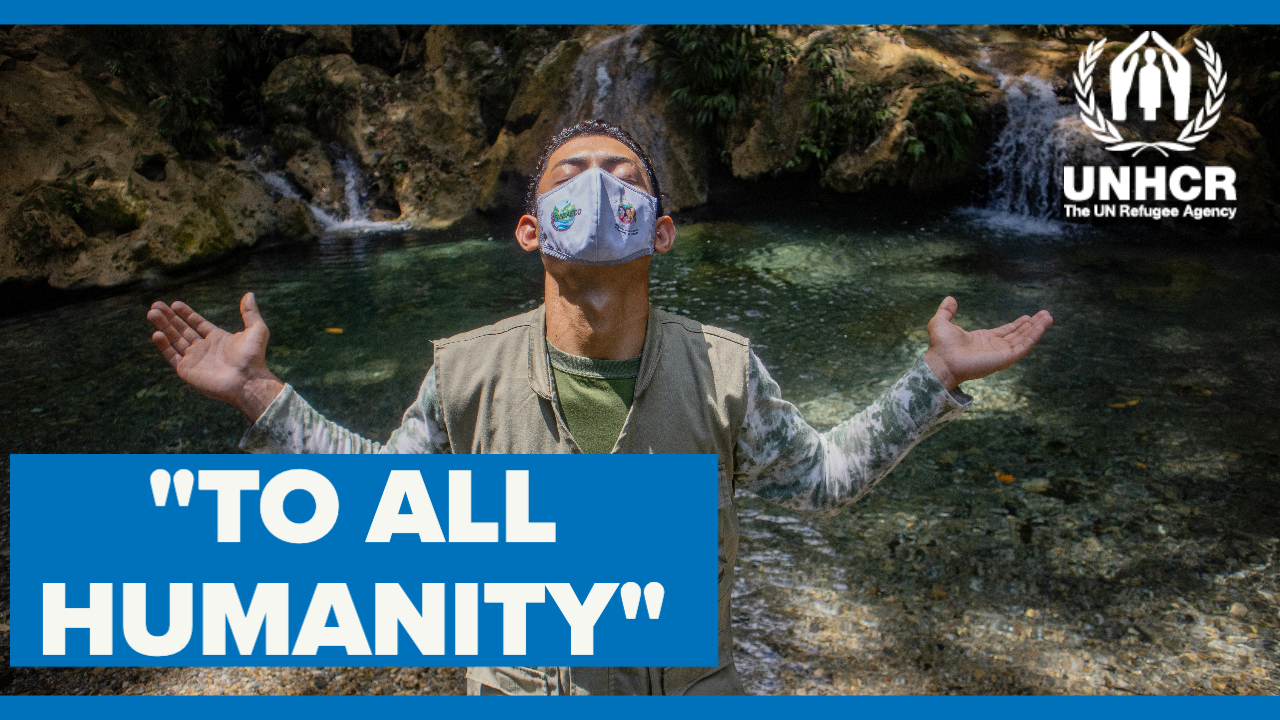Second Chances

Second Chances
I meet Ahmad at the Tripoli registration centre. As I approach, he is queuing patiently with his family. I ask if we can chat, in a quiet room perhaps, and his stern face melts into a warm smile.
Ahmad is from Homs. He and his wife, Samira, have three beautiful children: two boys and a girl. Back in Syria, they had a carpet shop. "Some of the most beautiful carpets you will ever see," he tells me, glowing with pride. "They were a work of art."
Now displaced in Lebanon, Ahmad is unemployed. His little girl, Amira, is no more than 10 years old. She giggles when I compliment her outfit: a floral dress with white shoes and frilly pop socks. "Back home, my kids had everything," Ahmad tells me. "They just had to ask and I could give it to them. We didn't need anybody."
The family has been here in Lebanon for nearly seven months. During this time, Ahmad has pushed on alone, refusing to register for refugee assistance with UNHCR.
"I didn't need to register," Ahmad told me. "I didn't need help. We came with our savings." His voice cracks. "But they are finished. Lebanon is expensive. I can no longer afford to feed my children." Now his hands shake as he speaks. It is the voice of a broken man.
"I battled with this decision for weeks. Whether to come here or not. I knew that coming here I can't look at my kids the same way."
Samira, conscious of her husband's distress, quietly leads the children outside. As they walk out the door, Ahmad starts to cry. "I cannot look my children in the eye," he tells me, sadly. "Do you know how ashamed I am to sit here today, to come here and beg for help?" Fighting back my own tears, I try to explain to Ahmad that he is not begging – that it is our duty to help and his right to claim it. But he shakes his head.
"I battled with this decision for weeks. Whether to come here or not. I knew that coming here I can't look at my kids the same way. Or maybe they won't look at me the same."
As Ahmad cries, I cry too. I cry because he reminds me of my dad, a proud man who would do anything for his children. A man who once left everything behind to save his children and secure for them a better future.
On impulse, I decide to share with Ahmad my own story. I want to reassure him that he has not lost everything. I want him to know there is still hope.
Thirteen years ago, my family and I were also refugees. My father lost everything he had ever worked for as a result of the civil war in Sierra Leone. Although he spoke no English, he took us to the UK to apply for asylum. We knew no one there, and like Ahmad and his family, we had to start from scratch. I saw my parents struggle to find jobs, and saw how it pained my once-successful dad to be unemployed. But just like young Amira, I never lost my respect for him. I admired his strength to continue living, to enroll in English classes, to fight for a better future for his family. It wasn't easy. But we got there and, 13 years later, life is good. Ahmad, too, will get there.
After listening to my story, he is quiet. Then, in a soft voice, he tells me that often, when he sits on the mattress in his barren house in Tripoli, Amira curls up next to him and gives him an unexpected kiss on his forehead. "This means the world to me," Ahmad says. "Daughters are really special to their dads."
I know, I tell him. My dad always says the same thing.








